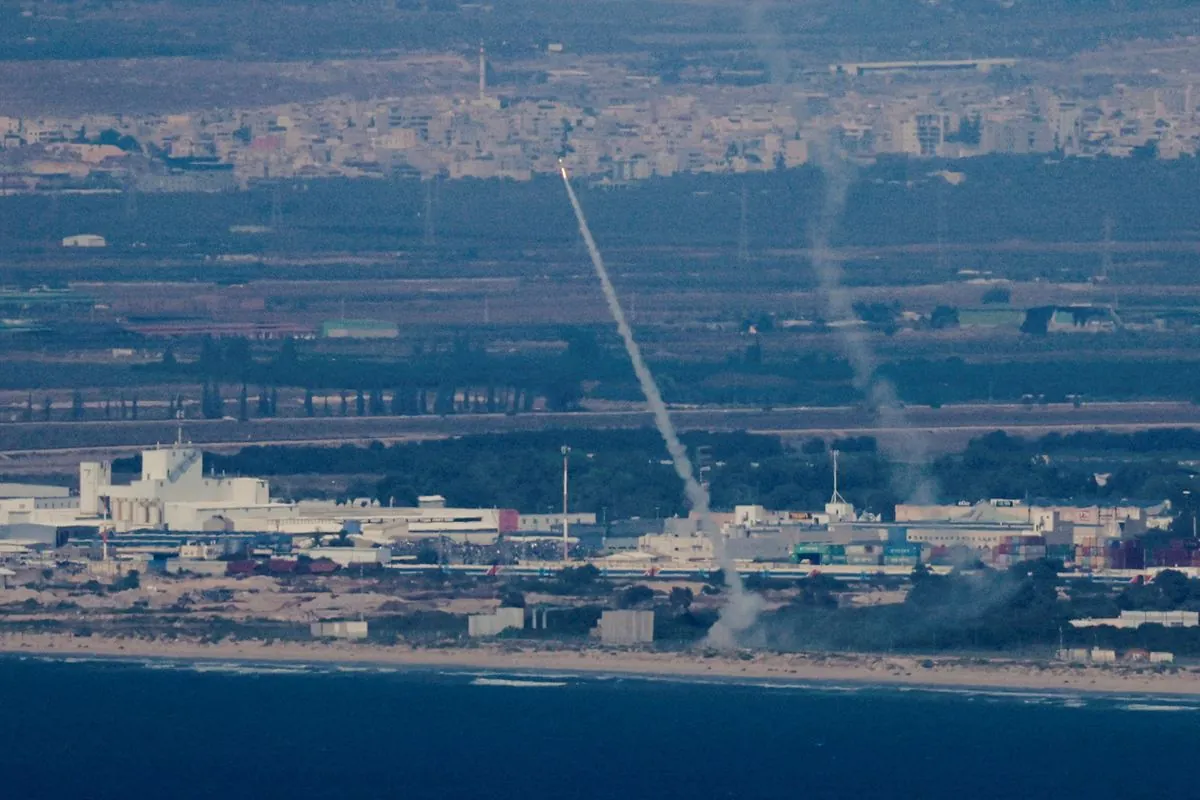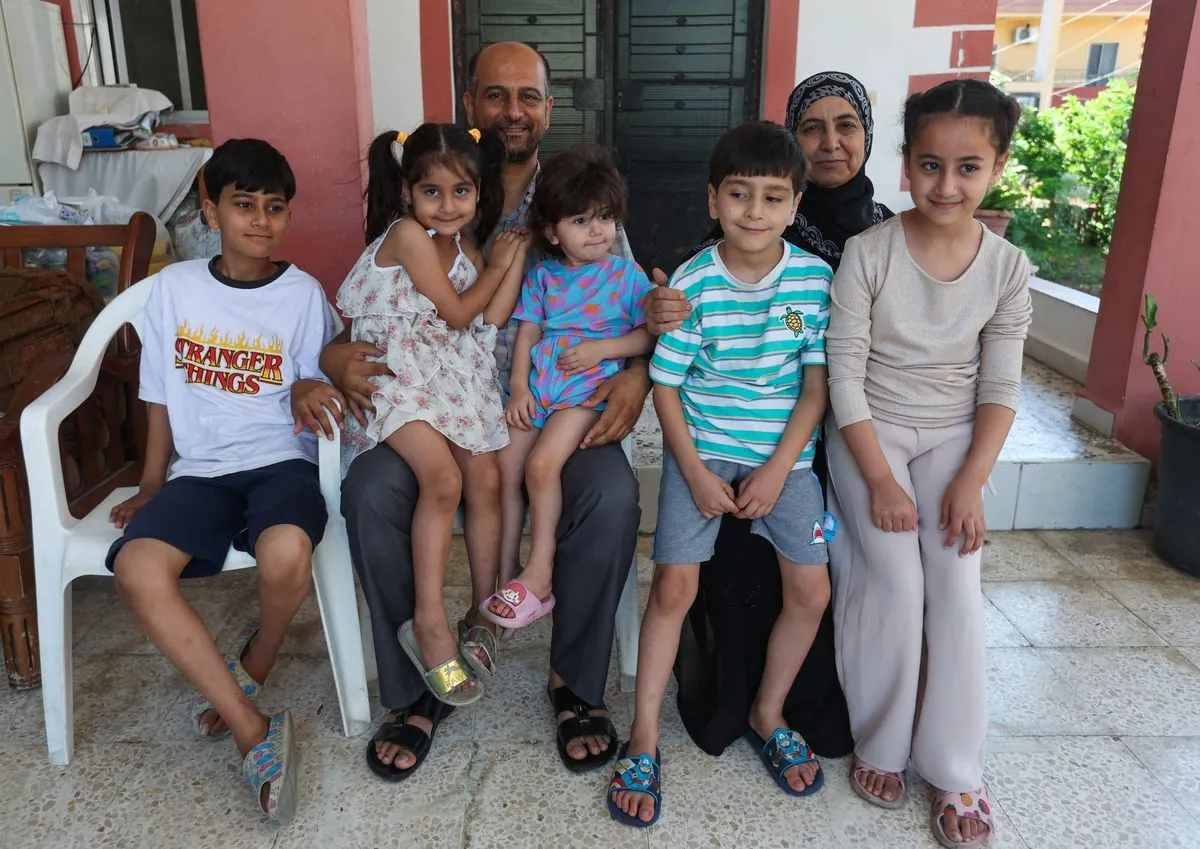Hezbollah Missile Strike on Tel Aviv Escalates Israel-Lebanon Conflict
Hezbollah launched a ballistic missile at Tel Aviv, prompting Israeli retaliation. Hundreds killed in Lebanon as tensions rise, with families fleeing southern regions. UN Security Council calls emergency meeting.

In a significant escalation of the ongoing conflict, Hezbollah fired a ballistic missile at Tel Aviv, Israel's economic hub, on September 25, 2024. The Israeli military successfully intercepted the projectile, averting potential casualties or damage. This marks the first instance of a missile from Lebanon reaching central Israel, heightening concerns about the possibility of a full-scale war in the region.
The missile, identified as a Qader 1, was reportedly aimed at the headquarters of Mossad, Israel's intelligence agency. Hezbollah claimed this action was in retaliation for recent targeted killings of its commanders and a devastating attack involving explosives concealed in communication devices.
In response to the missile launch, Israel conducted extensive airstrikes on Hezbollah targets across southern Lebanon and the Bekaa Valley. These strikes resulted in a significant loss of life, with Lebanese health authorities reporting over 560 fatalities, including civilians.

The intensifying conflict has forced thousands of Lebanese civilians to evacuate southern regions, seeking refuge in cities like Beirut and Sidon. Many have found temporary shelter in repurposed schools, while others have resorted to sleeping in vehicles, parks, and along the coastline. Some residents have even attempted to leave the country, causing congestion at the Syrian border.
This recent escalation is part of a broader pattern of hostilities that has been building over the past 11 months. Hezbollah, founded in 1982 as a response to the Israeli invasion of Lebanon, has been launching rockets and drones into northern Israel, expressing solidarity with Palestinians in Gaza and its ally Hamas.
The United Nations Security Council, established in 1945 with the primary responsibility of maintaining international peace, has scheduled an emergency meeting to address the situation in Lebanon. This diplomatic effort comes as the region teeters on the brink of another all-out war, reminiscent of the 2006 Lebanon War that lasted 34 days.
Israel has relocated troops from Gaza to reinforce its northern border, highlighting the seriousness of the threat. The Israeli military estimates that Hezbollah possesses an arsenal of approximately 150,000 rockets and missiles, some capable of striking any location within Israel.
"We have no immediate plans for a ground invasion, but we will not provide a timetable for our air campaign."
The conflict has already resulted in the displacement of tens of thousands of people on both sides of the border. Israel has expressed its determination to ensure the safe return of its citizens to their homes in the north, while Hezbollah has stated its intention to continue rocket attacks until a ceasefire is achieved in Gaza.
As tensions continue to rise, the international community watches closely, hoping for a diplomatic resolution to prevent further escalation in this volatile region. The current situation serves as a stark reminder of the complex geopolitical landscape in the Middle East and the ongoing challenges to achieving lasting peace.


































